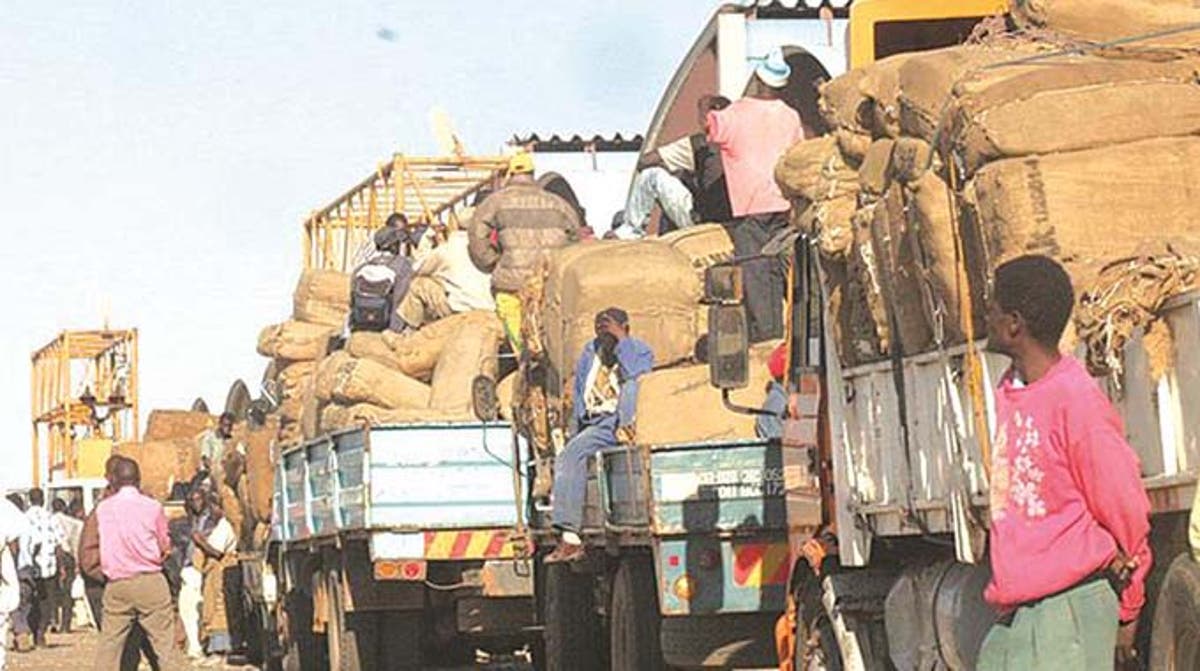2025 budget business incentives local manufacturing, motor vehicle assembly
INDUSTRY players have commended the Government’s initiatives to support local industries, with the 2025 National Budget proposing several incentives meant to cushion different sectors of the economy in a bid to promote local value chains and import substitutions.
Tabling the 2025 National Budget last week, Finance, Economic Development, and Investment Promotion Minister, Professor Mthuli Ncube, said the motor vehicle assembly sub-sector has been identified as a quick-win value chain, mindful of the potential to transform 199 completely knocked down (CKD) kits and SKDs to CBUs on the local market.
He said in line with National Development Strategy 1 (NDS1) priorities, the Government will prioritise local production of motor vehicles, which will go a long way in creating the necessary value chains, creating jobs, as well as reducing the importation of finished products.
In addition, Prof Ncube said the local industry needs to gear itself for a larger export market available under the African Continental Free Trade Area (AfCFTA), whereby the value-added threshold (local content) for Rules of Origin has been set at 35 percent, to benefit upstream industries that provide more than 50 percent local content.
“In order to support the local assembly of motor vehicles, I propose to wholly suspend customs duty on semi-knocked-down kits for a period of two years, beginning 1 January 2025,” said Prof Ncube.
Commenting on the proposed measures, Zimbabwe Institute of Foundries chief operations officer, Mr Dosman Mangisi, said it is a positive move, and the Government should continue incentivising critical sectors to promote import substitution.
He said local industries also need Government intervention in retooling so that they improve their capacity, improve exports, and reduce Government spending on imports.
Professor Mthuli Ncube
“It is a good move, we applaud the Government for the interventions,” said Mr Mangisi.
“However, when the Government avails such moves, there should be an incentive towards retooling the local industry. “We do have foundries but we need to pay much attention and try to come up with home-grown solutions.”
An economist, Dr Prosper Chitambara said the proposed initiatives will go a long way, especially in supporting the car assembling sector.
“On a positive development, the Minister announced a number of measures to support local industry, which include the suspension of customs duty on semi-knocked-down kits, which is going to play a critical role in supporting the local motor vehicle industry,” he said.
Some of the measures announced by Prof Ncube include a proposal to provide for a ring-fenced suspension of duty facility of 100 000 litres of raw wine per annum for a period of two years beginning January 1, 2025.
A range of Government incentives aimed at bolstering the manufacturing sector and reducing reliance on imports has seen locally produced goods now occupying over 80 percent of supermarket shelf space.
Meanwhile, the Ministry of Industry and Commerce commissioned the Local Content Steering Committee for the Zimbabwe manufacturing sector as part of the implementation of the Zimbabwe Industrial Reconstruction and Growth Plan (ZIRGP) 2024-2025.
ZIRGP serves as a transitional framework for aligning industrial policy with National Development Strategy 2 (2026-2030), following the lapse of the Zimbabwe National Industrial Development Policy: 2019-2023 in December last year.
The plan’s strategies include targeting a manufacturing growth rate of at least five percent annually, increasing sector investment by three percent per year, and raising the manufacturing value-added (MVA) to 20 percent of GDP by 2030. —-chroncile










